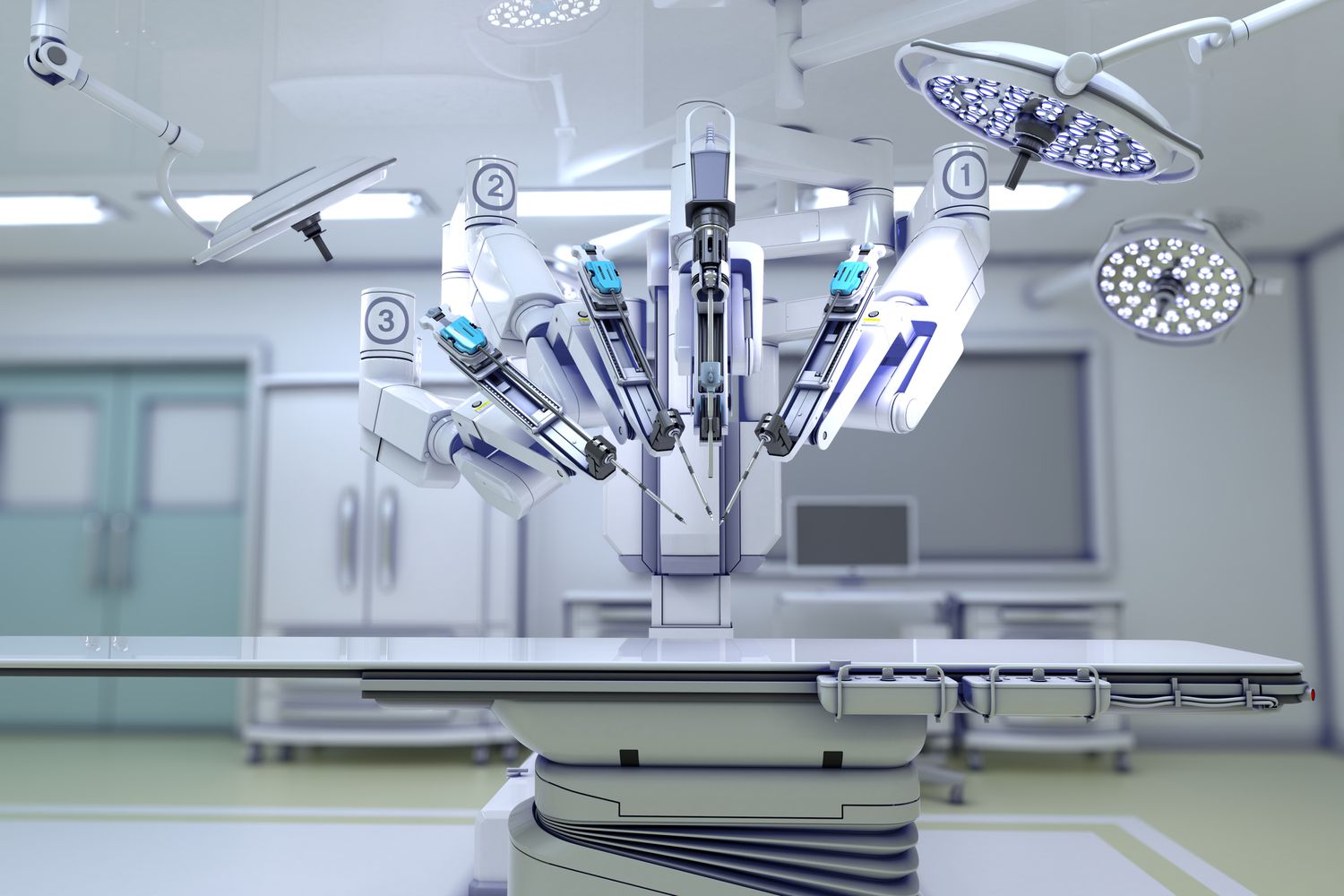Robotic surgery has emerged as a cutting-edge technology in the field of surgical oncology, transforming the way cancer is treated and offering numerous benefits for patients. Unlike traditional surgery, which relies on large incisions and extensive manual manipulation by the surgeon, robotic surgery utilizes advanced robotic systems to perform minimally invasive procedures with enhanced precision and control.
The Evolution of Robotic Surgery
The concept of robotic surgery dates back to the 1980s when the first robotic surgical system, known as the PUMA 560, was introduced. Over the years, significant advancements in technology have led to the development of more sophisticated robotic systems, such as the da Vinci Surgical System, which is widely used in surgical oncology today.
How Robotic Surgery Works
In robotic surgery, the surgeon operates from a console and controls robotic arms equipped with miniature instruments. These instruments are inserted into the patient’s body through small incisions, allowing for a high degree of precision and dexterity at the surgical site. Additionally, robotic systems provide magnified, 3D images of the surgical area, dramatically improving visualization for surgeons. This advanced imaging, combined with the robotic arms’ flexibility, enables surgeons to reach the innermost regions of the human body in ways that human hands cannot. Overall, surgical robots offer surgeons easier access, greater accuracy, improved dexterity, and ultimately ensure better surgical outcomes for patients.
Advantages of Robotic Surgery
Robotic surgery offers several advantages for cancer treatment compared to traditional approaches:
Minimally Invasive: Robotic surgery requires smaller incisions, resulting in less trauma to surrounding tissues, reduced blood loss, and faster recovery times for patients.
Enhanced Precision: The robotic system provides superior visualization and precise instrument control, allowing surgeons to target tumors with greater accuracy while minimizing damage to healthy tissues.
Reduced Complications: With its minimally invasive nature and precise instrumentation, robotic surgery can lower the risk of post-operative complications such as infections and wound healing issues.
Quicker Recovery: Patients undergoing robotic surgery typically experience shorter hospital stays and faster return to normal activities compared to those undergoing traditional surgery.
Applications in Cancer Treatment
Robotic surgery is utilized in various cancer treatments across different specialties:
Prostate Cancer: Robotic-assisted prostatectomy is a common procedure for the treatment of prostate cancer, offering improved outcomes and reduced risk of complications. In fact, since the development of the da Vinci Surgical System in 2000, Robot-assisted Radical Prostatectomy (RARP) has emerged as the gold standard in the minimally invasive surgical treatment of prostate cancer.
Gynaecologic Cancers: Robotic surgery is also used for procedures such as hysterectomy and lymph node dissection in the treatment of gynaecologic cancers like cervical and endometrial cancer. Robotics brings unique advantages to gynaecologic surgeries in terms of reducing the recovery time by half and improving post-operative pain relief.
Colorectal Cancer: Robotic surgery enables precise removal of colorectal tumors while preserving surrounding structures, leading to better functional outcomes and quality of life for patients.
As outlined above, robotic surgery has several advantages over traditional surgery and can be a real game-changer in surgical oncology. However, in order to fully leverage the power of robotics in cancer surgery, there is a need for highly skilled specialists with extensive training and experience in robotic-assisted procedures. Onco-Life Cancer Center in Pune, Maharashtra is at the forefront of adopting the latest advancements in robotics technology to improve surgical outcomes for cancer patients. With some of the best robotic surgeons for cancer in Pune as part of its surgical oncology team, Onco-life Cancer Center offers advanced treatment options for those needing highly precise and minimally invasive surgical procedures to fight cancer.
Future Trends
As technology continues to advance, the role of robotics in surgical oncology is expected to expand further. Future trends may include the integration of artificial intelligence algorithms to enhance surgical decision-making, and the exploration of new applications for robotics technology in cancer treatment.
Robotic surgery has undoubtedly revolutionized cancer treatment by offering patients a less invasive, more precise surgical option with numerous benefits. With our advanced technology and the expertise of the best robotic surgeon for cancer in Pune, Onco-Life Cancer Center continues to pave the way for innovation in surgical oncology, providing new hope for cancer patients and improving outcomes.

